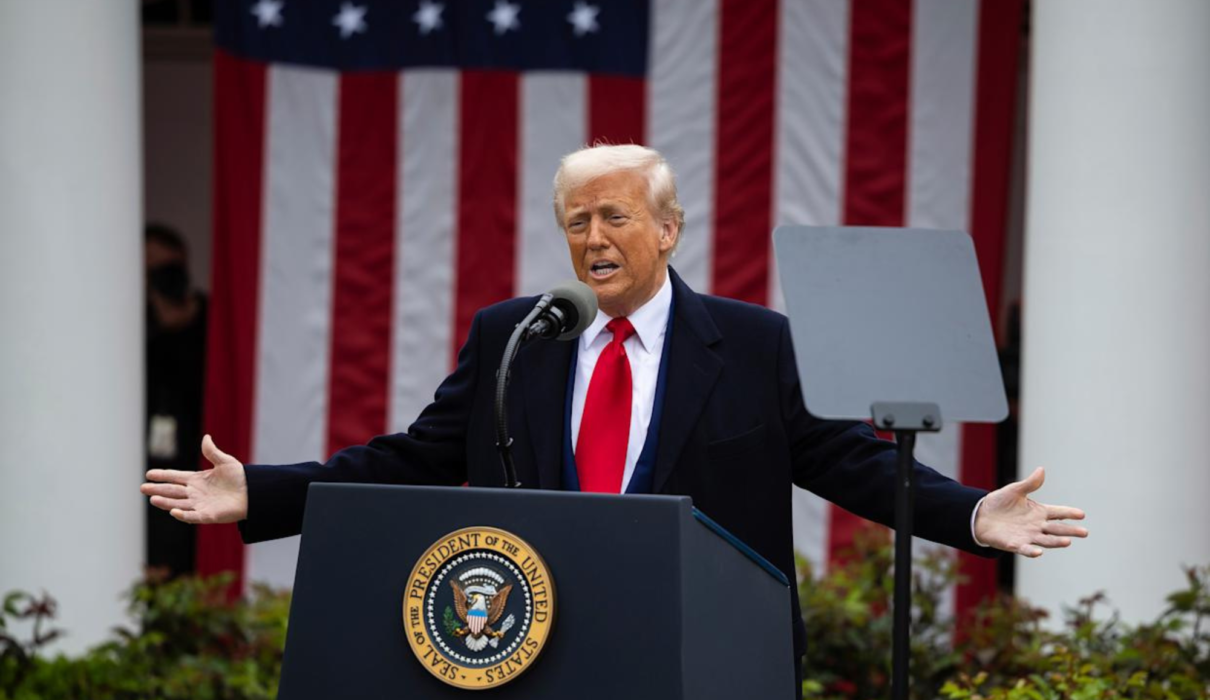A judicial back-and-forth over President Donald Trump’s controversial “Liberation Day” tariffs took another turn this week, as a U.S. federal appeals court issued a temporary stay that allows the tariffs to remain in place—for now.
This follows a decision by the U.S. Court of International Trade, which ruled that Trump’s use of the International Emergency Economic Powers Act (IEEPA) to justify broad tariffs on imported goods was unconstitutional. The court found that the Constitution grants Congress, not the executive branch, the authority to regulate foreign trade.
However, the Biden administration, defending the legality of the tariffs, swiftly appealed the ruling. On May 29, the U.S. Court of Appeals for the Federal Circuit agreed to freeze the lower court’s decision while it considers the merits of the appeal.
The reinstated tariffs, originally imposed in 2020 under the IEEPA framework, have affected hundreds of billions of dollars in trade and have drawn criticism from both domestic businesses and international allies. The policy, dubbed “Liberation Day tariffs” by the Trump administration, was framed as a move to protect national security and American workers from “unfair foreign influence.”
Trade experts say the case could set a landmark precedent on presidential authority over trade policy. “This is more than a trade dispute,” said Rachel Elston, a trade law professor at Georgetown University. “It’s a constitutional moment for defining limits on executive power.”
Business groups and importers that had hoped for an immediate rollback of the tariffs are now in limbo. Meanwhile, the court has requested written arguments from the parties involved, with deadlines set for early June.
This case promises to resonate far beyond Washington, potentially reshaping how future administrations wield emergency powers to intervene in global commerce.

